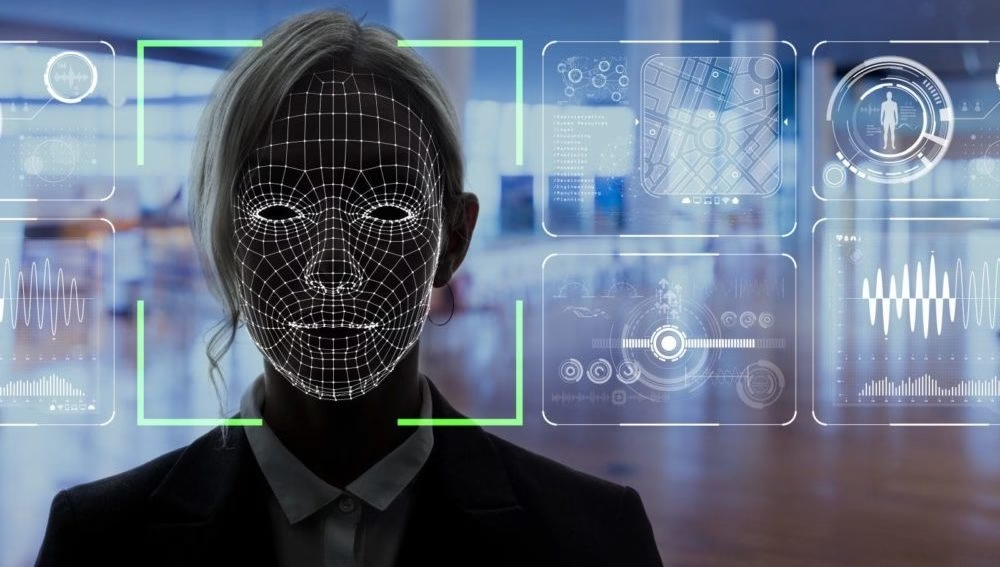In a major step toward streamlining identity verification and securing citizens’ data, the Ministry of Interior has issued sweeping directives to eliminate fragmented biometric databases across departments and implement a centralized facial recognition system, to be fully operational by December 31, 2025.
The decision was made during a high-level meeting chaired by Interior Minister Mohsin Naqvi at the National Database and Registration Authority (NADRA) headquarters in Islamabad. The meeting brought together key officials, including NADRA Chairman Lt. Gen. Muhammad Munir Afsar, to assess pressing security concerns and gaps in the nation’s biometric management.
Elimination of Fragmented Databases
At the heart of the reform is the unification of biometric data under NADRA’s verified and secure infrastructure. Minister Naqvi has ordered all departments and service providers to cease the separate storage of biometric information, which has previously left citizens’ sensitive data vulnerable to breaches, misuse, and theft.
NADRA Chairman Lt. Gen. Munir Afsar raised serious concerns about unauthorized local biometric repositories, emphasizing that maintaining multiple datasets exposes individuals to identity fraud and compromises national security. The transition to facial recognition and iris scanning, he explained, would improve accuracy and provide solutions for citizens who struggle with traditional fingerprint verification, including the elderly and laborers.
Blocking of SIMs Registered with Expired CNICs
In another landmark policy move, the Interior Minister directed immediate action to block all mobile SIMs issued on expired CNICs, starting with those issued in 2017 or earlier. The initiative is aimed at tightening digital identity controls and ensuring SIM ownership corresponds to active, legally verified ID cards.
The Pakistan Telecommunication Authority (PTA), in collaboration with NADRA, has been tasked with initiating the process. The drive will also include blocking SIMs registered under the names of deceased individuals—a loophole often exploited in illegal activities such as fraud, fake registrations, and unauthorized communications.
Expansion of NADRA Services Nationwide
To support its modernization push, Minister Naqvi laid the foundation stone for a 10-storey NADRA Mega Center in Islamabad’s I-8 sector. The facility, set to be completed by June 2026, will serve as a central hub for biometric services and digital registration initiatives.
The minister also approved the expansion of NADRA services to 44 underserved tehsils and union councils across the country. In the capital alone, all 31 union councils will receive access to full NADRA services by June 30, 2025. Additionally, new regional NADRA offices will be established in Multan, Sukkur, and Gwadar, further decentralizing service delivery.
Major Updates to NIC Rules and Digital Infrastructure
During the meeting, NADRA officials presented updates on the agency’s digital transformation, fraud prevention, and public service modernization. This includes recent amendments to the National Identity Card (NIC) Rules 2002 and the introduction of enhanced registration certificates for children and families, designed to improve legal clarity and prevent identity manipulation.
The meeting also highlighted cross-agency coordination with institutions like FIA, SBP, SECP, and PTA, which has helped tighten digital ID issuance protocols and prevent biometric mismatches that had become a growing problem.
PAK ID App Reaches 7 Million Downloads
The success of NADRA’s PAK ID mobile application has also been a major milestone. With over 7 million downloads, the app now supports a growing number of digital services, including:
- Digital CNIC issuance
- Pensioners’ Proof of Life verification
- Online federal arms license renewals
The app is being continuously upgraded to provide citizens with secure, mobile-first access to NADRA services, cutting down the need for in-person visits and enabling remote biometric authentication.
These sweeping changes mark a transformational moment in Pakistan’s digital identity landscape. With the move toward facial recognition, the blocking of unverified SIMs, and the nationwide expansion of services, the government is signaling its commitment to data protection, digital governance, and secure national identity systems.
By the end of 2025, Pakistanis can expect a much more integrated, safer, and technologically advanced system to manage personal identity—ushering in a new era of digital transparency and citizen empowerment.



